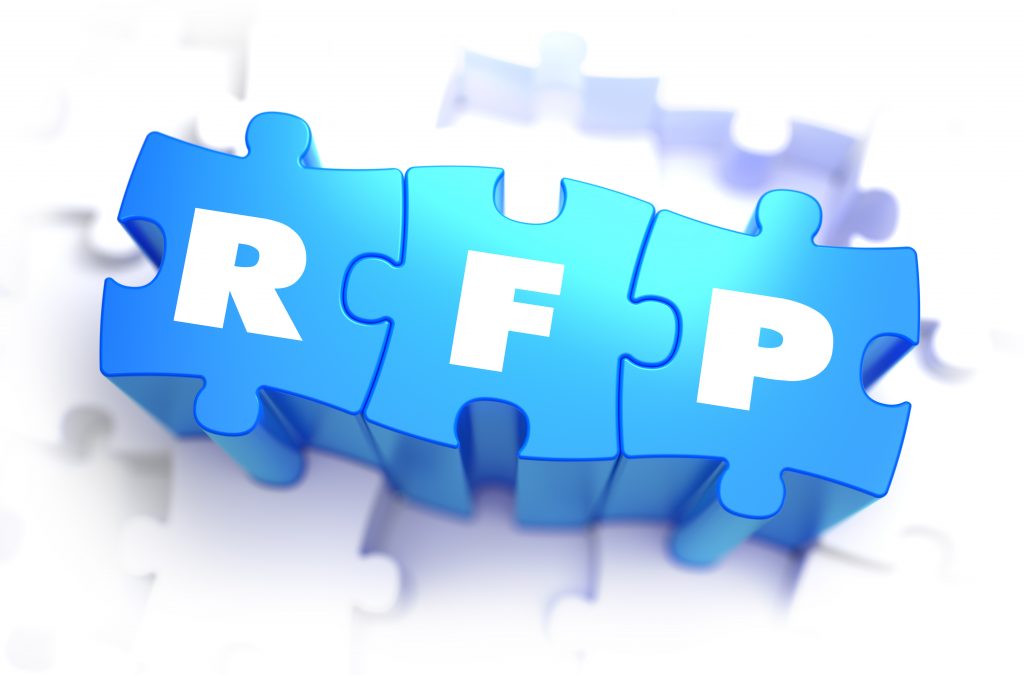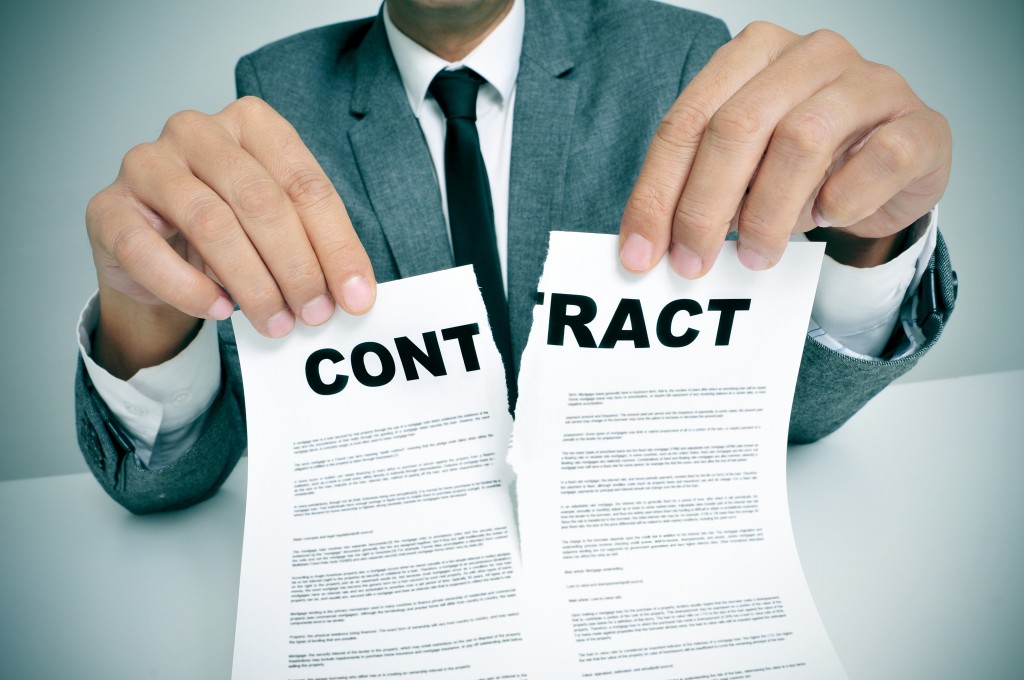Insurance broker RFPs are one of the best ways for corporations to select qualified insurance brokers. The practice of using RFPs for the selection of insurance brokers, however, is underutilized, and, even when used, it does not always provide meaningful information. Typical RFPs elicit a canned marketing presentation and lots of glad-handing. Interesting, perhaps, but certainly not the best way to test broker abilities and approach.

The best way to keep brokers moving in a direction that is consistent with corporate interests is to have perspective brokers submit RFPs every several years. The problem with most insurance broker RFPs is that they seldom get to the issue of how good brokers are at placing coverage or assisting with respect to claims. To get this kind of information, RFPs need to be specifically targeted at current insurance issues.
To be useful, broker RFP questions need to be targeted. From an insurance law standpoint, questions should be designed to address three critical issues. First, how the insurance broker addresses important insurance policy language issues. Second, how the broker deals with insurance provisions that are one sided towards insurance company interests. And, third, how hard the broker pushes for policyholder (as opposed to insurer) interests.
The following select questions, for a technology company insurance broker RFP, gives an idea of just how specific RFP question need to be to elicit an appropriate response:
SAMPLE INSURANCE BROKER RFP QUESTIONS
TECHNOLOGY COMPANY
For Discussion Purposes Only
Not to Be Used Without Prior
Consent of Miller Friel, PLLC
I. Commercial General Liability
- Please provide examples of the best advertising injury language you have secured for a company like [INSERT CLIENT NAME], and your opinion on whether or not you will be able to achieve similar results for [INSERT CLIENT NAME].
- Examples in policies of this kind where you have been able to secure patent coverage; same for trademark.
- Please provide examples of the best data and software coverage language you have been able to obtain for clients.
II. Technology Errors and Omissions
- Examples of the best technology policies you have secured for clients, and things that you would improve with respect to that language.
- Please provide examples of how you have secured coverage for false advertising.
- Examples of whether you have secured coverage under such policies for patent claims.
III. Directors and Officers Liability
- Please provide examples of the best definition of “Claim” language that you have been able to secure for clients.
- Please give examples of how this language was found to cover governmental investigations.
- Please provide examples of the best definition of “Loss” language that you have been able to secure for clients.
- Please provide examples of how this definition of “Loss” language was found to cover fines and penalties assessed against the policyholder.
- Please provide examples of how you have narrowed the scope of the bump up exception to the definition of “Loss” to avoid potential application to traditional fiduciary duty claims.
- Please provide the best punitive damages coverage language that you have been able to secure for clients.
IV. Claims-Made Coverage Generally (D&O, E&O)
- Please provide examples of the best interrelated wrongful acts language that you have secured for clients.
- Please provide examples of the best prior-notice exclusions that you have secured for other clients.
- Please provide examples of the best prior-knowledge exclusions you have been able to secure for clients.
- Please provide examples of the best prior-claim notice language that you have secured for other clients.
- Please explain how you structure such interrelated wrongful acts, prior-notice, and prior claim exclusionary language so that insurers cannot claim that neither current nor past policies cover otherwise covered claims.
- Please provide examples of the best conduct exclusions you have been able to secure for clients.
- Please provide your position on whether applications are necessary for renewal policies, and examples of when you have instructed insurers that applications are not warranted.
- Please provide examples of when you have revised standard-form application language to protect the insured.
- Please provide examples of situations where you have had insurers waive warranty requirements; please provide examples of the same when coverage was new (not renewal coverage).
- Examples of when you have challenged prior and pending dates proposed by an insurer, and the outcome of such challenge.
V. Other
- Your recommendations on the best additional time-element provisions for [INSERT CLIENT NAME], with examples (including extra expense, royalties, contingent time element, interruption by villi or military authority, ingress/egress, extended period of indemnity).
- Please provide examples of how you have revised exclusions in policies to make certain that all terrorism related activities under TRIA for certified acts of terrorism are covered, including dirty bombs and bio-terrorism.
- Please confirm that you will be able to secure pre-approval of defense counsel, by endorsement, for the following law firms: [INSERT NAMES OF PREFERED DEFENSE COUNSEL].
- Please provide examples of the best endorsements you have secured for clients providing for approval of pre-selected defense counsel, and identify what, if anything, additional you recommend adding to such endorsements.
- Please provide examples of the best hourly rates you have been able to secure for defense counsel.
- Please provide examples of how you have worked with coverage counsel both in litigation and pre-litigation to resolve claims.
- Please provide your recommended course of action to preserve legal privilege for discussions you may have with for [INSERT CLIENT NAME] concerning claims.
- Please provide examples of insurers pressuring your firm with respect to a policyholder claim, and how you dealt with it, and whether your firm will take similar action with respect to [INSERT CLIENT NAME].
- Please provide your examples of situations where you have challenged arbitration language in an insurance policy prior to issuance, and the outcome of such challenge.
- Please provide examples of the best ADR provisions you have secured for clients, and why you believe that such language is advantageous.
- Please provide examples of the best warranty language that you have been able to secure for clients.
Most RFPs will contain what the insurance broker believes are their strongest selling points, like, how much coverage they place. who their clients are, their great relationships with insurers, and the fact that they have claims people on staff. This information will be provided even without an REP. RFP questions should be designed to address something more. In the insurance context, that more is how well the broker pushes issues to benefit the policyholder.










